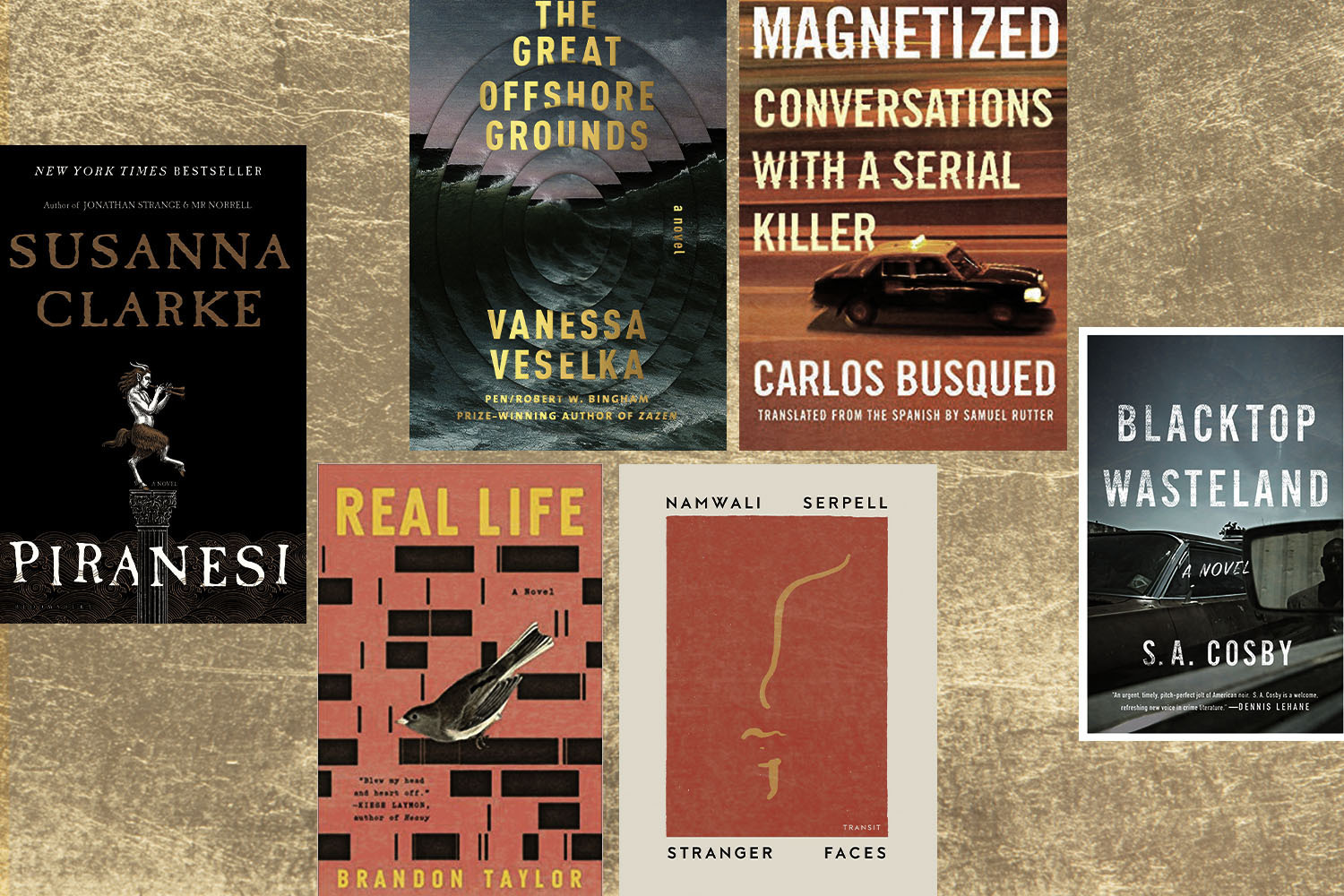When he’s not acting in ambitious realtime dramatic projects or portraying iconic historical figures on television, Ethan Hawke also has a penchant for writing fiction. His latest novel, A Bright Ray of Darkness, tells the story of an acclaimed actor in the midst of a disintegrating marriage, and it was with this book in mind that Hawke spoke candidly in an interview with The Guardian.
Hawke was asked if it was difficult to write frankly about sex “in the current environment.” Hawke began his response by citing “cancel culture and shaming,” and his belief that “a lot of this moment is very helpful.” That being said, Hawke went on to speak candidly about his own concerns.
“We’re in this period now when you can’t even write about bad behavior because it might seem like you’re condoning it,” he said. “You have to be able to create a character who does things they wish they didn’t do. I went back and forth on it, because it’s just a petrifying time to speak about male sexuality.”
Is it, though? While the last year and change have certainly had a fair number of literary controversies, it’s nearly impossible to think of a male writer of literary fiction losing a book deal or falling immediately out of favor due to them simply writing about male sexuality. (As a fiction writer and book critic, I try to be aware of such things.) That’s not to say that someone on Twitter might not critique a writer for doing this, but — it’s Twitter. Odds are pretty good that you can find someone there with a strong opinion, pro or con, on nearly any creative work ever made.
Writing about sex does open up a fair number of questions, though. It’s not for nothing that the Literary Review awards an annual prize for bad sex in fiction (though they’re taking 2020 off). Though, as Jeet Heer wrote in an incisive 2015 essay, one person’s bad or awkward sex writing can be another’s writing about bad or awkward sex.
“Sex is notoriously difficult to write about, and erotic prose is easily jeered at when excerpted,” Heer wrote. “Sex is a subject we’re socially trained to be reticent about, one that is clouded over by euphemisms, slang, and other linguistic barriers.”
This isn’t to say that there hasn’t been some re-evaluation of books that deal with male sexuality, but the primary instance that comes to mind centers around a novel by a writer accused of multiple instances of sexual misconduct. That would be Junot Díaz, whose novel The Brief Wondrous Life of Oscar Wao was among the contenders for The Super Rooster, a literary competition held in 2020 between past winners of The Morning News’ Tournament of Books.
In writing about The Brief Wondrous Life of Oscar Wao for the competition, Carolyn Kellogg analyzed the book’s own history and more recent controversies surrounding its author. Ultimately, Kellogg wrote that Díaz’s novel “can be seen as a work of genius or a work of misogyny — I think it’s both.”
But Díaz’s is a particularly high-profile case — and one where accusations of sexism in the work and sexism from the author are harder and harder to separate. Most male writers aren’t in this position — and the idea that some who might be willing to explore men’s sexuality on the page are holding off on doing so because of unwarranted concerns is a frustrating concept to process.
Subscribe here for our free daily newsletter.
Thanks for reading InsideHook. Sign up for our daily newsletter and be in the know.
















